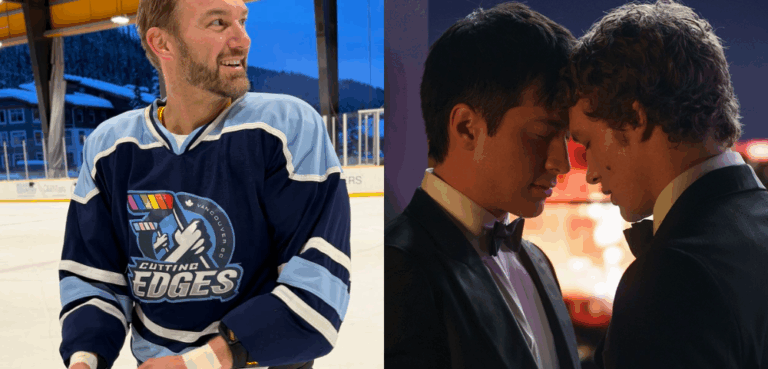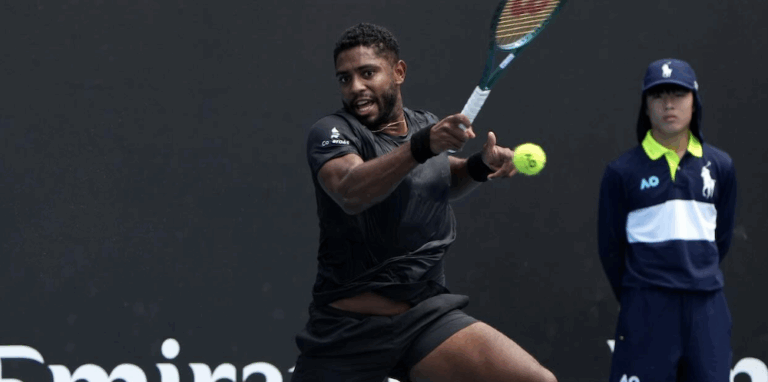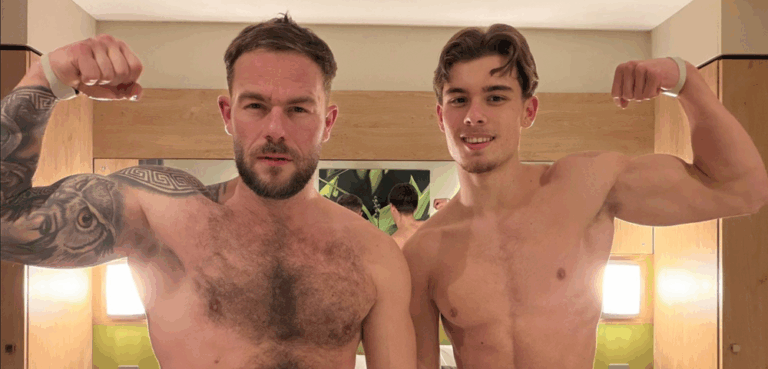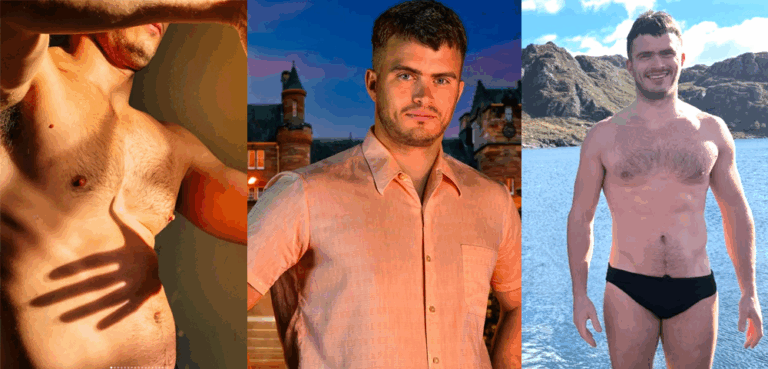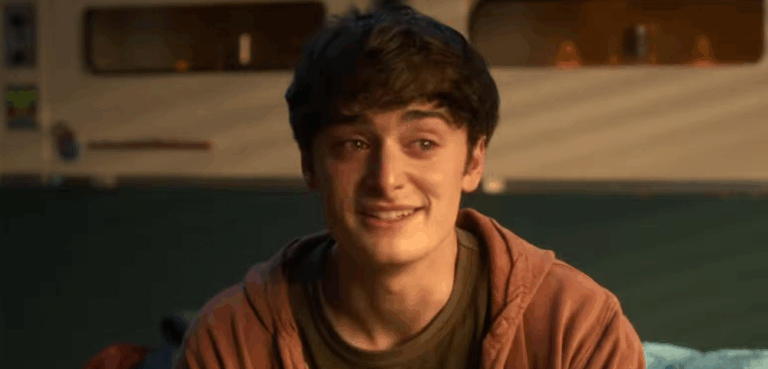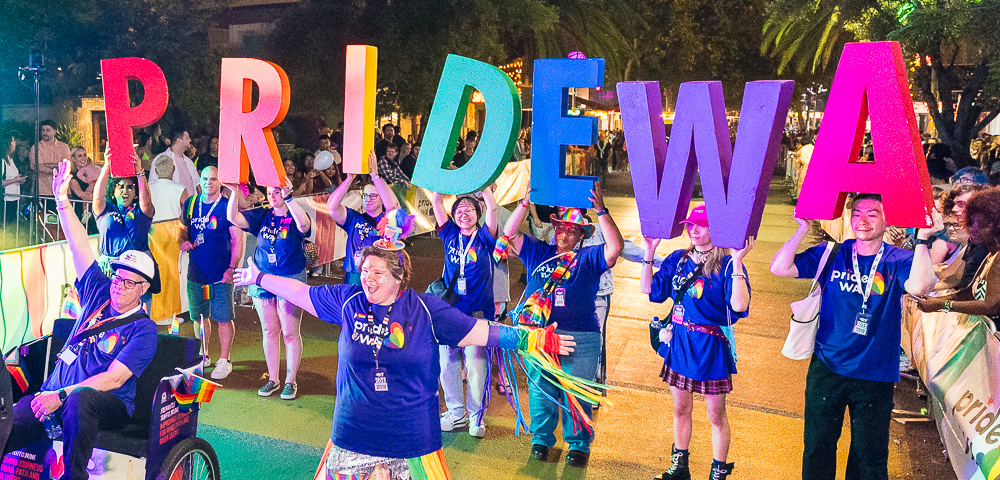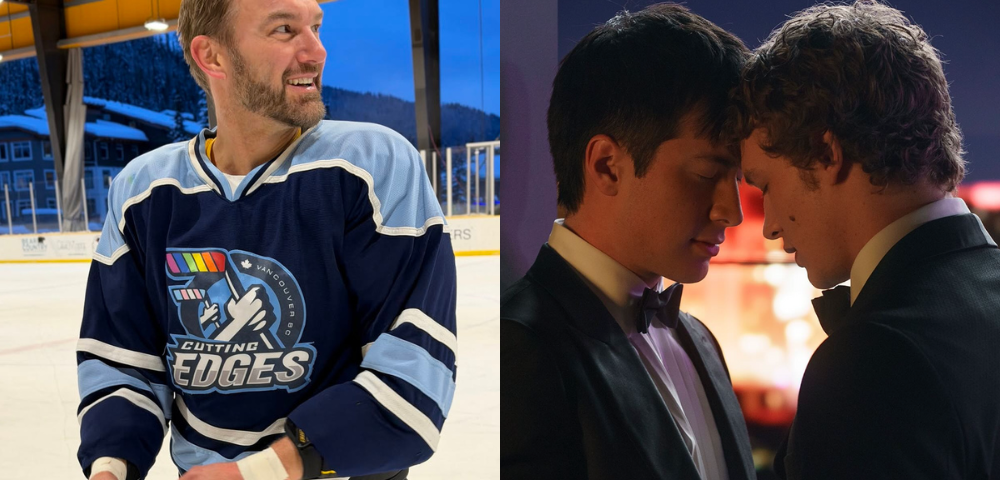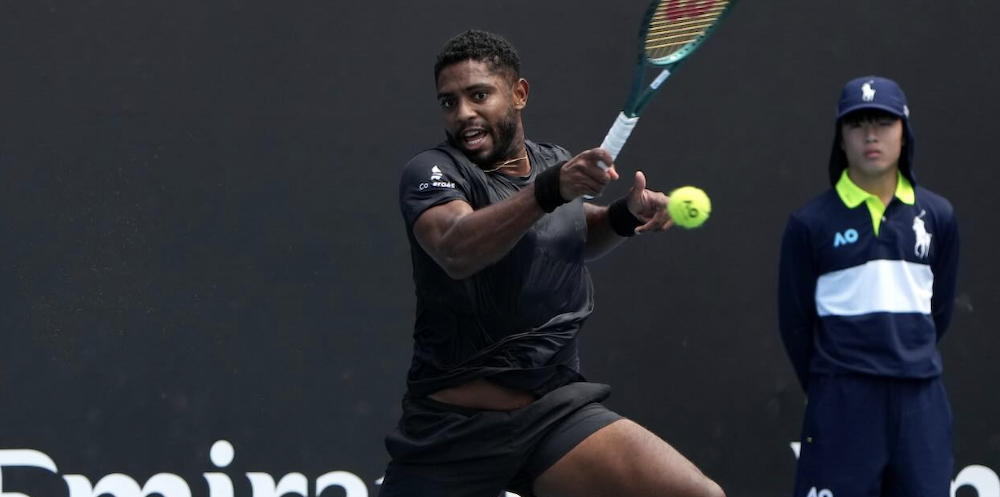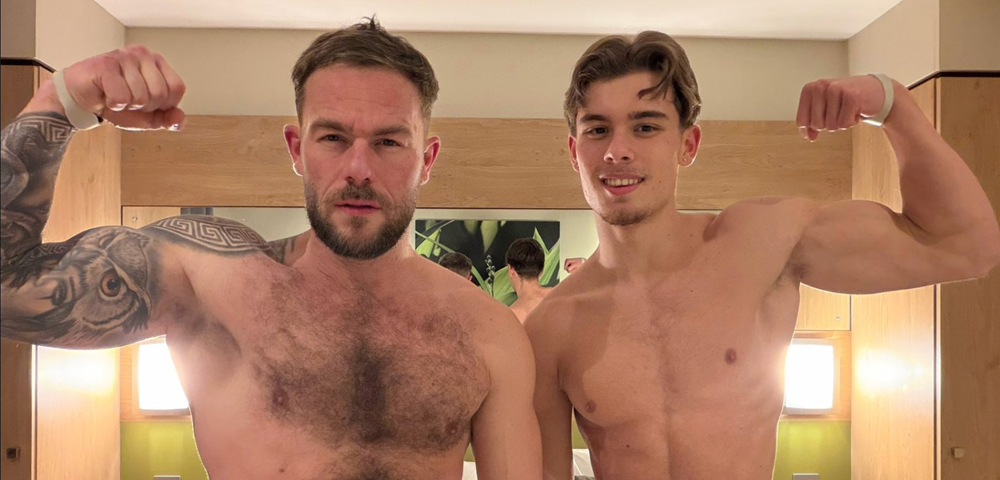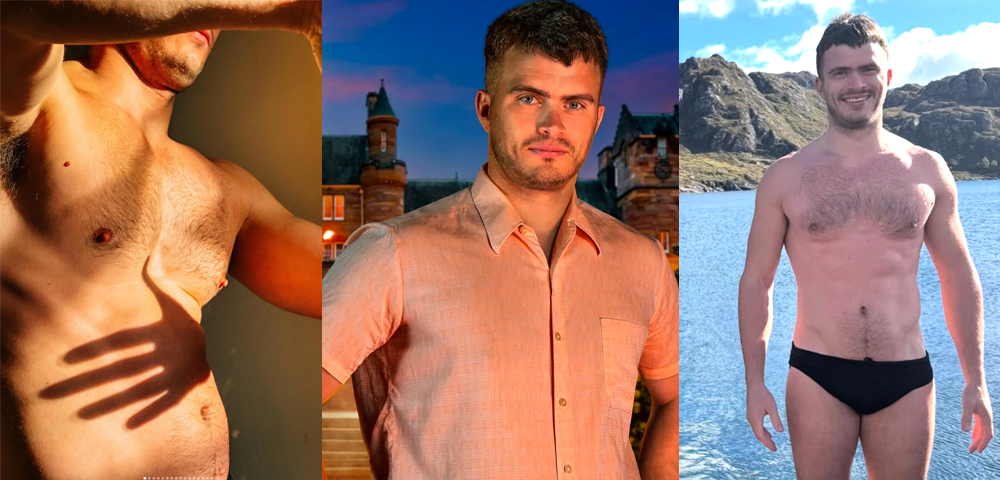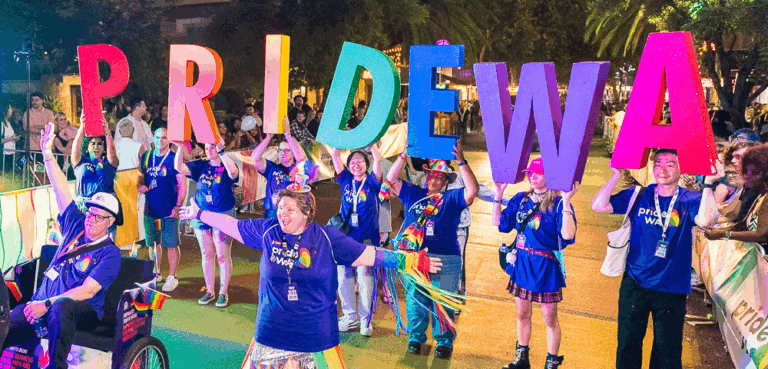
‘I couldn’t find people who understood me’: growing up gay and South Asian
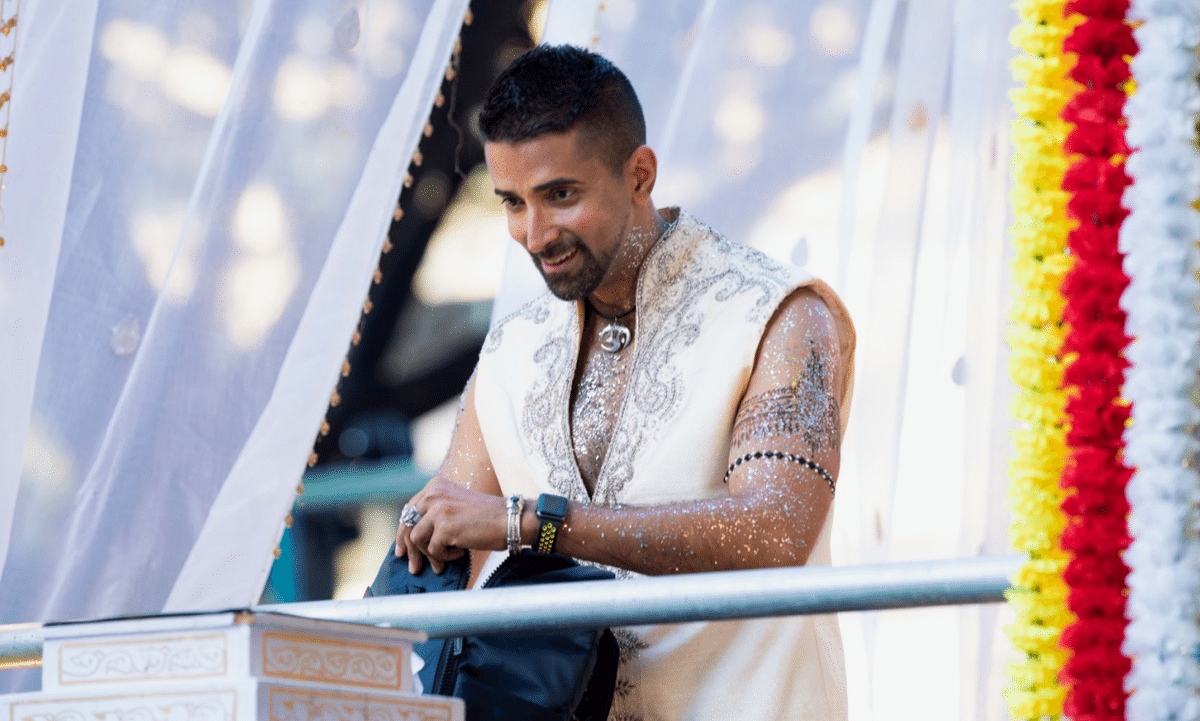
Finding support and visibility in mainstream Australia is hard when you’re gay and South Asian, but safe spaces do exist. Matthew Wade reports.
***
When Kunal Mirchandani moved to Australia, he was travelling away from a culture that perceived being gay as taboo and into one that couldn’t empathise with his experience.
He was in a new country, his parents were sending him images of women to marry from India, and he was struggling to come out as gay.
It was difficult for Mirchandani to find solace at the time, as many people he encountered in Australia couldn’t relate to what he was going through.
“Arranged marriages are a big thing in India, and the idea I couldn’t decide for myself who to marry was alien to a lot of people,” he says.
“So as a gay man whose culture looked down on being gay, and whose parents were putting pressure on him to get married, I found it hard to find people who understood me.
“If you’re not South Asian, you can’t understand these difficulties.”
Fortuitously, after grappling with self-confidence issues and feeling uncomfortable in his own skin for a number of years, Mirchandani came across Trikone, a Sydney-based support group for LGBTI South Asian people.
Through the group he was able to meet like-minded people, and reconcile both his cultural background and sexual identity.
“I’ve grown a lot over the last decade [thanks to the group], as someone who wasn’t very confident and who was unsure how my extended family would take to my sexuality,” he says.
“It’s been a long journey, but it was great to have a support group where I could talk about the issues gay South Asians face.”
Those affiliated with Trikone trace their ethnicities to a diverse range of places, from Afghanistan and Bangladesh to Fiji, Pakistan, and Sri Lanka, and the group helps to promote awareness of their intersectional identities in broader society.
Mirchandani says this is vital, given that while gay identities continue to become more visible, the white gay experience is often represented and valued above others. He believes recent mainstream films like Love, Simon are indicative of this.
“In films like [Love, Simon], there’s a specific image being broadcast to mainstream society about the gay experience,” he says.
“And while it’s wonderful to see more queer culture depicted on screen, there aren’t a lot of people out there reflecting my story.
“I think it will be a long time before we see a queer person in a Bollywood film whose sexuality isn’t the focus, or is inconsequential.”
Despite the dearth of gay South Asian representation, Trikone has actively provided Mirchandani with a space where he can feel empowered and validated.
Having been involved with the group for five years before joining its board for the past three, he says he can attest to the importance of safe spaces for queer people of colour.
The group regularly holds meetups, public forums, theatre productions, and dance parties, the latter of which is Trikone’s annual centrepiece: Bar Bombay.
The night is a queer, Bollywood party in the heart of Sydney, and it sees LGBTI South Asian people and their allies indulge in a night of Desi music, dance shows, and Bollywood drag queens.
“There are countless straight clubs that a gay man could visit and no-one would bat an eyelid, but having a space of your own is important, and that’s what’s unique about Bar Bombay,” Mirchandani says.
“If you’re gay and kissing your boyfriend or girlfriend at Bar Bombay, it’s the norm, you’re not the odd one out.
“It’s just a space for you to be yourself.”
He adds that representation will continue to be a barrier facing queer people of colour, and that Trikone and Bar Bombay are helping to overcome it.
“Walking down the street, you can see that Australia is such a multicultural country,” he says.
“It’s quite a different view to what you see in Australian film or television, which tends to be fairly whitewashed.
“Accurately representing our communities is the next step when it comes to equality.”
Bar Bombay will be held at the Factory Theatre in Marrickville on Saturday 21 July. For more information and to buy tickets visit: trikone.org.au.
